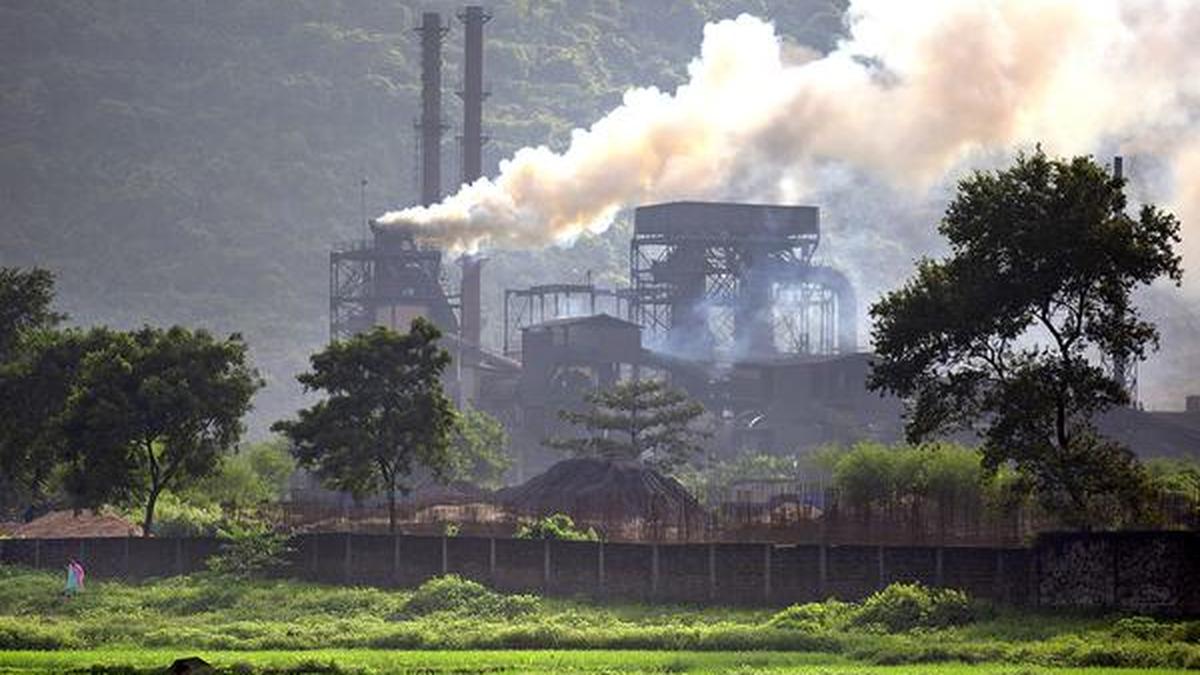
India’s vital efforts to tackle air pollution could worsen warming Premium
The Hindu
Study warns rapid reduction of aerosol emissions without greenhouse gas reduction could expose vulnerable populations to extreme heat.
Rapidly reducing aerosol emissions, which are part of air pollution, without concurrently reducing greenhouse gas emissions could expose a large fraction of the world’s most vulnerable people to a sudden acceleration of warming and extreme heat in highly polluted regions like India. Researchers warned as much in a study published in November 2024 in Geophysical Research Letters.
The analysis found regions that cleaned their air in the late 20th century have experienced a greater increase in warming trends over time while more populated urban areas with low human development indices have experienced lower levels of warming — due to the masking effect of pollution.
According to Aditya Sengupta, a graduate researcher at the University of Melbourne and firstauthor of the study, abruptly halting the emission of aerosols can also increase the rate of warming on shorter time scales.
The study is particularly relevant for India, which is currently struggling to improve air quality on one hand while trying to stave off the worst of climate change on the other.
Global warming is caused by the build-up of greenhouse gases in the atmosphere, and has been known to intensify temperature and rainfall extremes. Aerosols can counteract the impact of greenhouse gases to some extent.
This is because, while greenhouse gases trap heat and warm the earth’s surface, aerosols such as sulphates and nitrates scatter solar radiation, preventing it from reaching the ground and rendering a cooling effect. Aerosols also affect the water cycle.
Greenhouse gases are also well mixed in the atmosphere. As a result, their effects, including knock-on ones on the climate, can be felt around the planet. On the other hand the concentration of aerosols in the atmosphere varies by location and time. Greenhouse gases are also more long-lived — carbon dioxide can persist in the atmosphere without breaking down for centuries — whereas aerosols live for a few days to weeks at a time.

Senior CPI(M) leader A.K. Balan, who was removed from the party central committee at the 24th Party Congress in Madurai late last week in accordance with the age cap of 75 years for party positions, made a poignantly reflective Facebook post on Saturday, recalling his early years in the party and also stating, figuratively, that he is on the verge of yet another eviction – from the AKG Flat this time.




















 Run 3 Space | Play Space Running Game
Run 3 Space | Play Space Running Game Traffic Jam 3D | Online Racing Game
Traffic Jam 3D | Online Racing Game Duck Hunt | Play Old Classic Game
Duck Hunt | Play Old Classic Game










